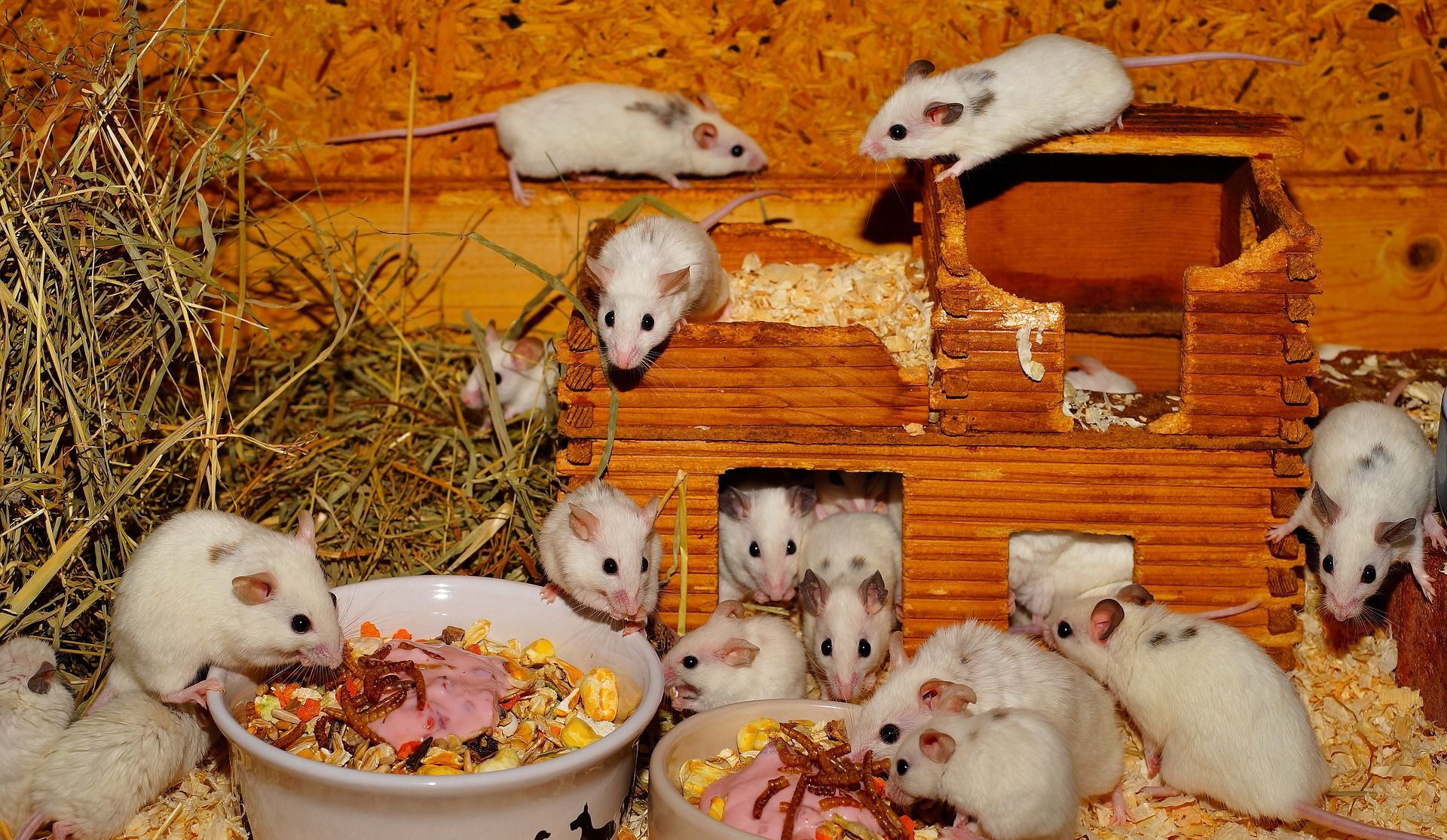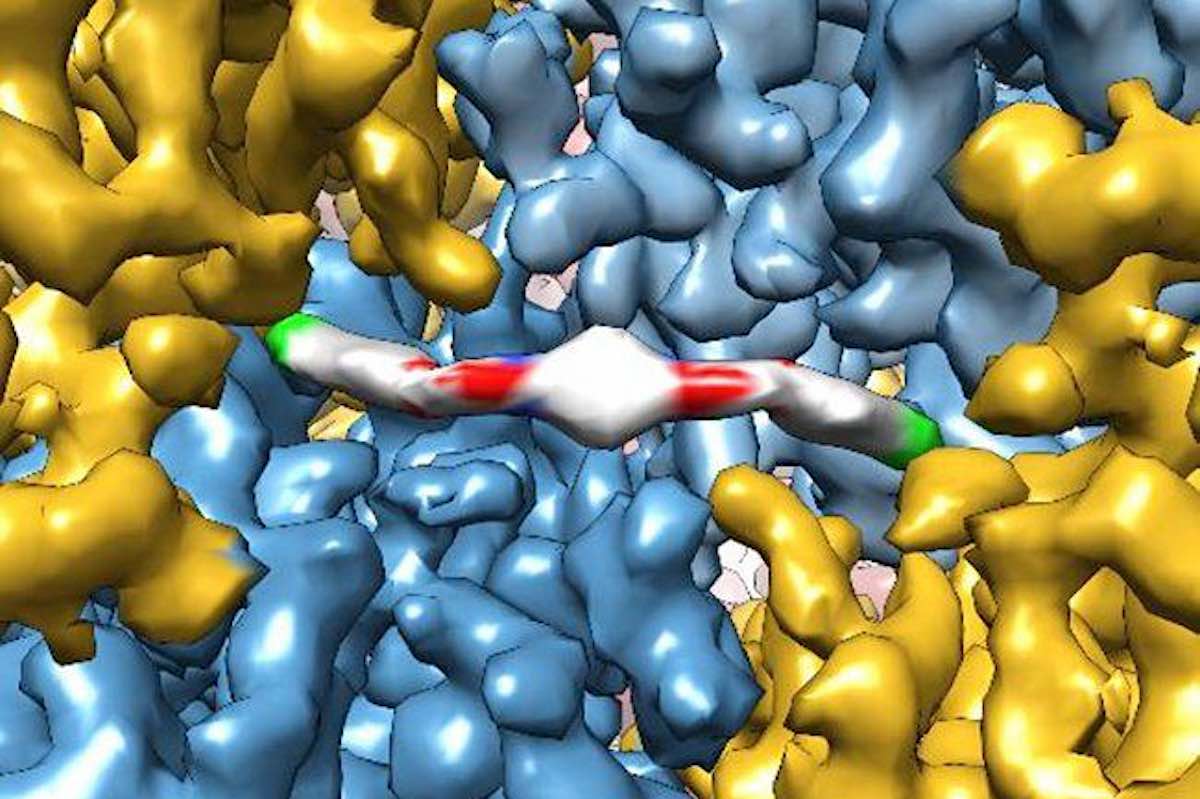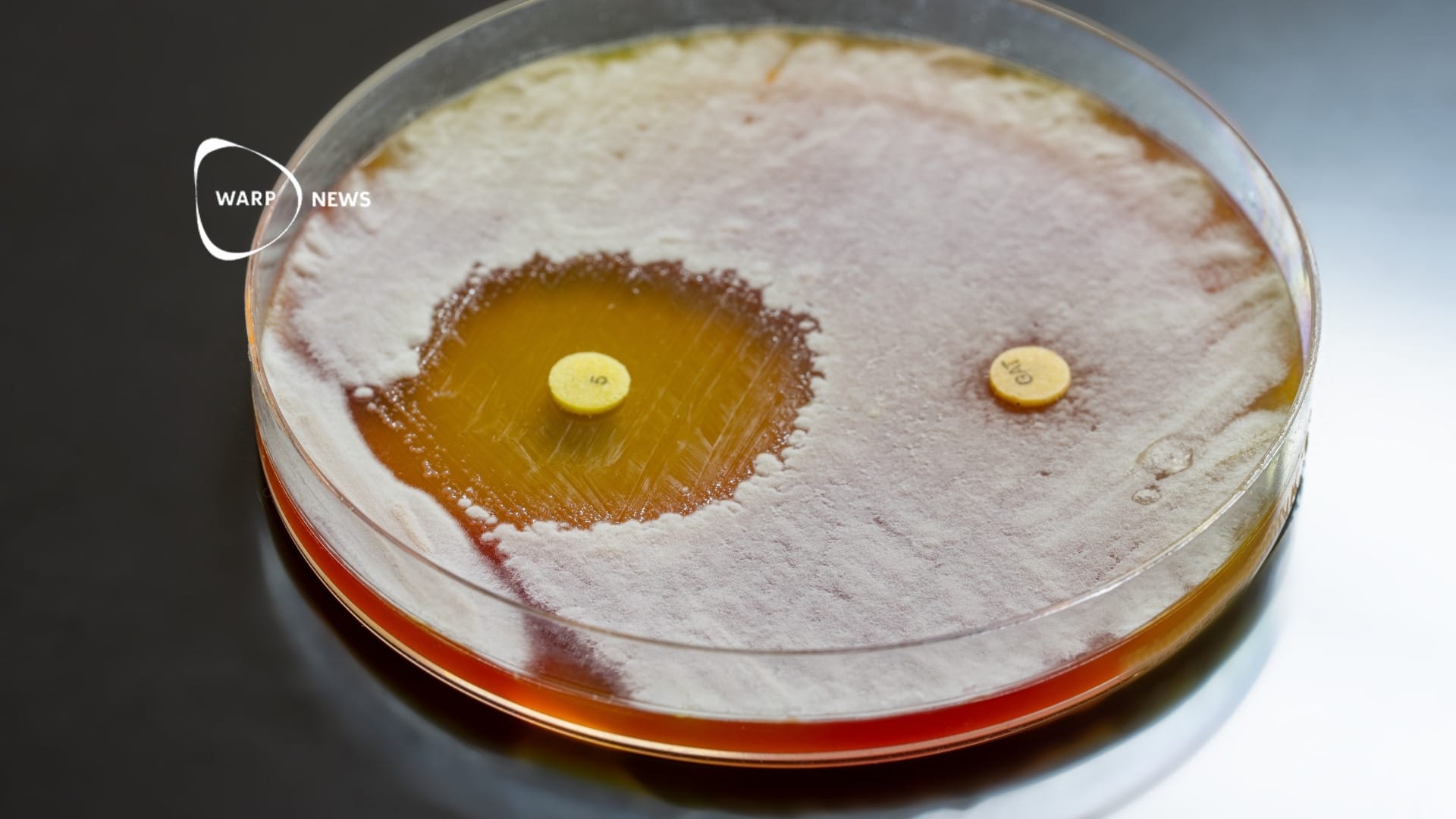
🧠 New drug "rejuvenates" the brain in mice
A treatment gives old mice as good memory and cognitive abilities as when they were young.
Share this story!
The dream of a rejuvenation cure has taken a step closer to becoming a reality. A research team from UC San Francisco has tested a drug that improves both memory and the cognitive abilities of mice .
In one experiment, mice of different ages found a hidden platform in a maze. Unsurprisingly, younger mice were better at remembering where the platform was. However, when some of the older mice received daily doses of the drug ISRIB, they became as good as the younger mice to find their way back to the platform.

The researchers then wanted to see if the treatment worked over a longer period of time. So several weeks after the first experiment, they tested the same mice again. This time the mice had to find their way through a labyrinth where the exit was moved each time.
Again, the mice that received the treatment were as good as younger mice at finding the right one and the treated mice were much better than the untreated mice of the same age.
This test shows both that the treatment works over a long period of time and that it also improves the cognitive abilities and not just the memory. The untreated old mice had difficulty thinking in new directions, which many older people can also have, but the treated mice were as curious and innovative as young mice.
Younger overnight
When the researchers examined the mice's brains, they discovered that the signs of aging in the hippocampus disappeared almost overnight. The electrical activity in the brain of treated mice became more receptive to the stimulus and the cells formed more and stronger connections with other brain cells.
An unexpected discovery was that the immune system's T cells also change and function more like in young mice.
- This is very exciting because we know that aging has a large and lasting effect on T cells and that these changes can affect brain function in the hippocampus. So far, it's just an interesting observation, but it gives us a collection of very interesting biological puzzles to solve, says Susanna Rosi, professor at UC San Francisco and one of the researchers behind the study.
As usual, you should be careful not to pull excessive gears when experimenting with mice. But in any case, it shows that the brain of mammals can be rejuvenated. The researchers will continue to investigate ISRIB and hopefully this can lead to us being mentally young in the future as long as we live.
By becoming a premium supporter, you help in the creation and sharing of fact-based optimistic news all over the world.


